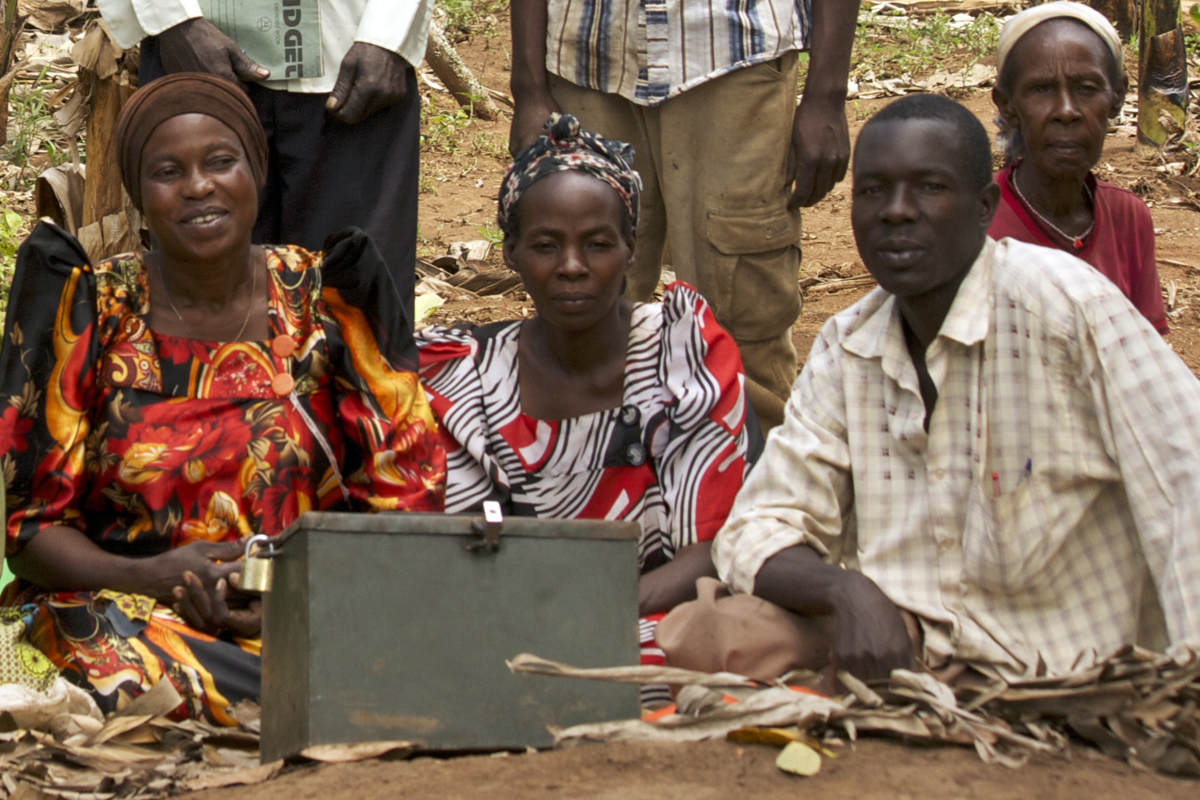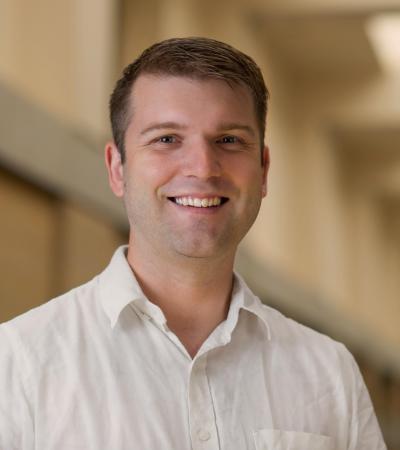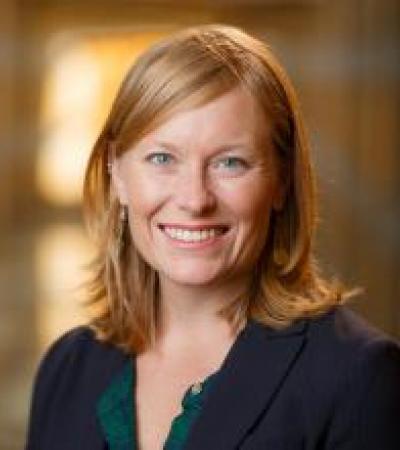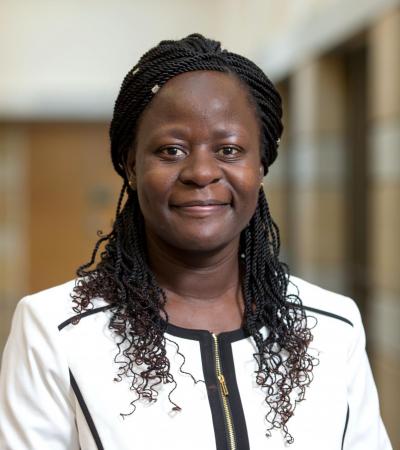Community Lending and Outside Capital
Grants to Support Faculty Fellows' Research
 In order to help bring affordable loans to the world’s poorest people, Catholic Relief Services (CRS) has created a network of Savings and Internal Lending Communities (SILCs) around the world. While these groups are effective at leveraging local knowledge to make loans with low default risk, demand for loans in SILCs greatly exceeds the supply of available funds. This is particularly problematic over the course of the year since the cycle of agriculture often dictates that everyone wants loans at the same time. This introduces a serious limitation to the SILC model. To address this issue, the Ford Program is studying an intervention where we temporarily inject outside money into the SILC groups at the beginning of their cycles, when the supply of available funds is lowest. We are testing this intervention using a randomized control trial with 100 SILCs in rural western Uganda, and conducting annual data collection to learn whether or not this intervention changes the default behavior and if the increase in the availability of loans changes the livelihoods of SILC members. Gender dynamics are an important consideration in this type of lending, and to better understand how they interact with this intervention we are implementing a lab-in-the-field experiment to determine if results vary according to the gender of the SILC member and the level of financial transparency in his or her household.
In order to help bring affordable loans to the world’s poorest people, Catholic Relief Services (CRS) has created a network of Savings and Internal Lending Communities (SILCs) around the world. While these groups are effective at leveraging local knowledge to make loans with low default risk, demand for loans in SILCs greatly exceeds the supply of available funds. This is particularly problematic over the course of the year since the cycle of agriculture often dictates that everyone wants loans at the same time. This introduces a serious limitation to the SILC model. To address this issue, the Ford Program is studying an intervention where we temporarily inject outside money into the SILC groups at the beginning of their cycles, when the supply of available funds is lowest. We are testing this intervention using a randomized control trial with 100 SILCs in rural western Uganda, and conducting annual data collection to learn whether or not this intervention changes the default behavior and if the increase in the availability of loans changes the livelihoods of SILC members. Gender dynamics are an important consideration in this type of lending, and to better understand how they interact with this intervention we are implementing a lab-in-the-field experiment to determine if results vary according to the gender of the SILC member and the level of financial transparency in his or her household.
After a pause in data collection due to COVID-19, our project team has resumed data collection in August, with additional health and safety precautions for enumerators and respondents. As of September 2020, we have surveyed over 1700 respondents from 75 SILCs. We plan to begin end line data collection in November.
Partner: Uganda Martyrs University








